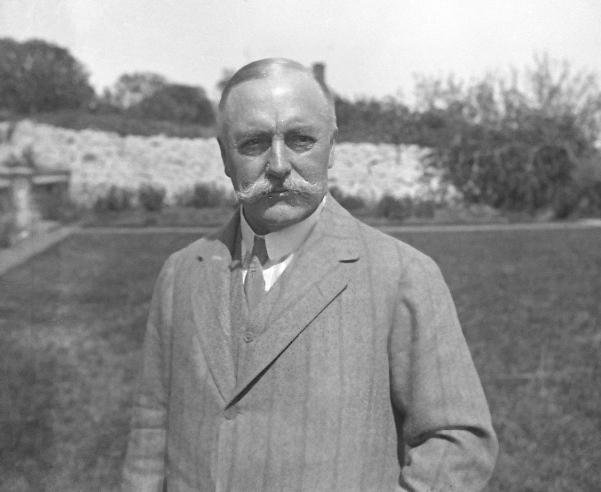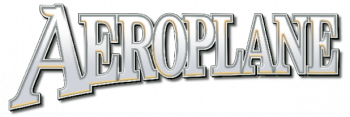The British and Colonial Aeroplane Company's Zodiac has been written off for more than a century as ‘the aeroplane that didn't fly’. So, why did it perform well in France, when success eluded it in England?

Sir George White, the Bristol-born stockbroker, philanthropist and pioneer of electric tramways was a man of energy, vision and vaulting ambition. Increasingly interested in the commercial opportunities afforded by aviation, in February 1910 he publicly announced his intention “to develop a British industry [in aviation] and make Bristol its headquarters”. Although history shows that he ultimately succeeded, his first foray into the field was a rather public failure, involving a licence-built French aeroplane that struggled to get off the ground.

